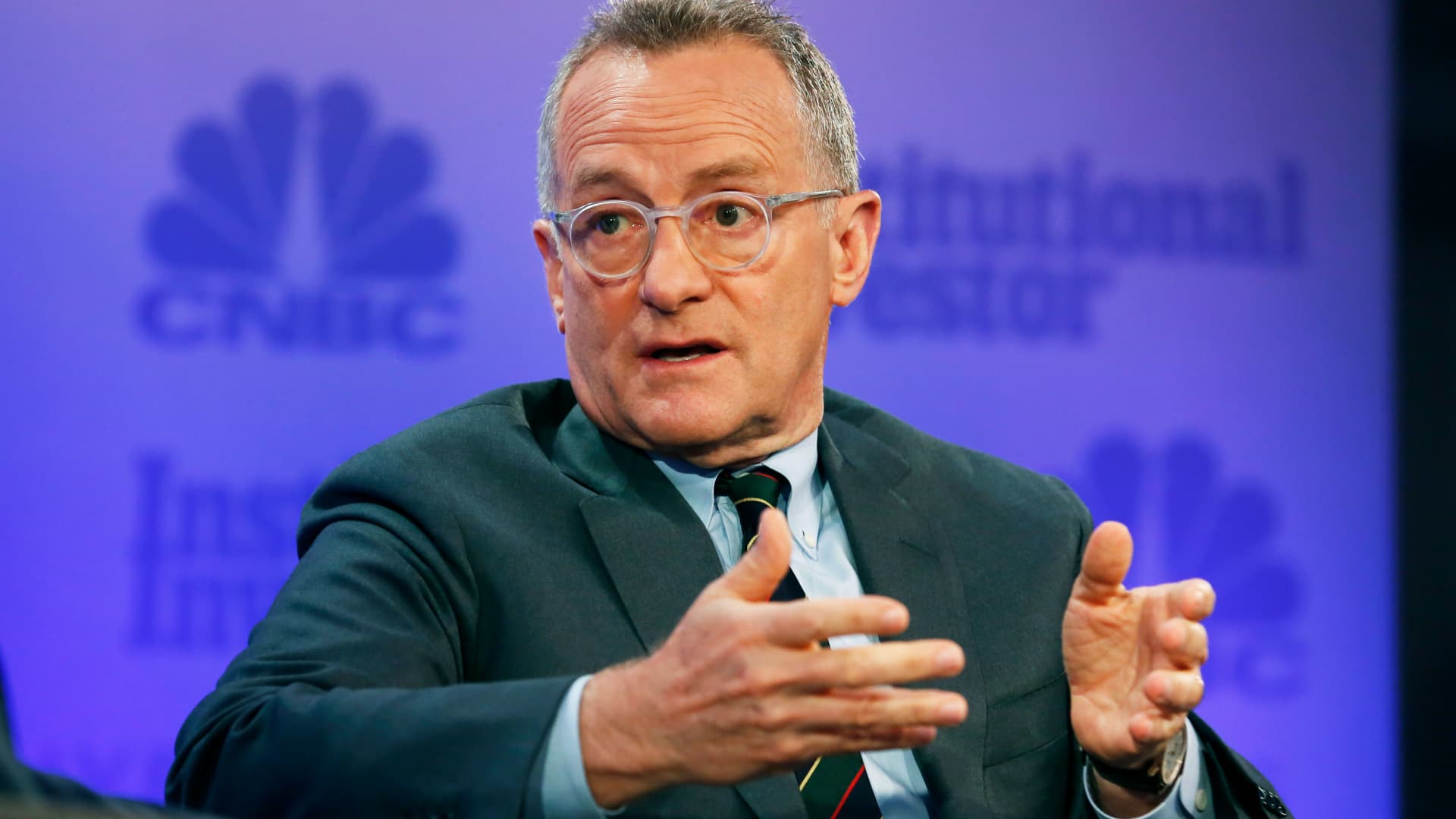“My response to date has been that the valuations are … high but not crazy” the Oaktree Capital Management co-founder said Monday in an interview with CNBC’s Sara Eisen. “Expensive and going down tomorrow are not synonymous.”
Marks, known for his memos on market cycles and investor psychology, said while enthusiasm for AI stocks is undeniable, it hasn’t yet crossed into the realm of mania that defines a true bubble.
“To me, the main ingredient in bubbles is psychological excess … some kind of temporary mania,” he said. “For a company in this sector or industry, there’s no such thing as a price too high. And I don’t detect that level of mania at this time, so I have not put the bubble label on this incident…. it just hasn’t reached that critical mass of mania.”
(You can view the full interview with Marks here on CNBC PRO.)
Investors have piled into AI-linked names this year, driving valuations of chipmakers and software companies to historic highs amid fears of missing out. Marks believes that investor optimism doesn’t automatically signal irrational exuberance.
Marks drew a parallel to the late 1990s internet boom, which promised to transform the world — and ultimately did — yet left a trail of worthless companies in its wake.
“Back in ’99, people said the internet will change the world. And it certainly did,” he said. “But the vast majority of the companies that went public for the internet and e-commerce in ’98, ’99, early 2000 ended up worthless.”
He warned that the same psychological patterns often reappear in bubbles. Investors assume the current leaders will remain dominant, that even the laggards will prosper, and that any company with a small chance of massive success is worth backing.
“A company with a 2% chance of going up 100x is still a winner. And I think that’s a reach too far,” Marks said. “That’s bubble psychology.”
For now, he doesn’t see the AI rally fitting that mold.
“I think people are counting on AI for a lot,” he said. “I think that it’s probably going to deliver a lot. We have no idea what it’s going to deliver, when, or in what form. And I’ve made the judgment that it’s not manic behavior.”
